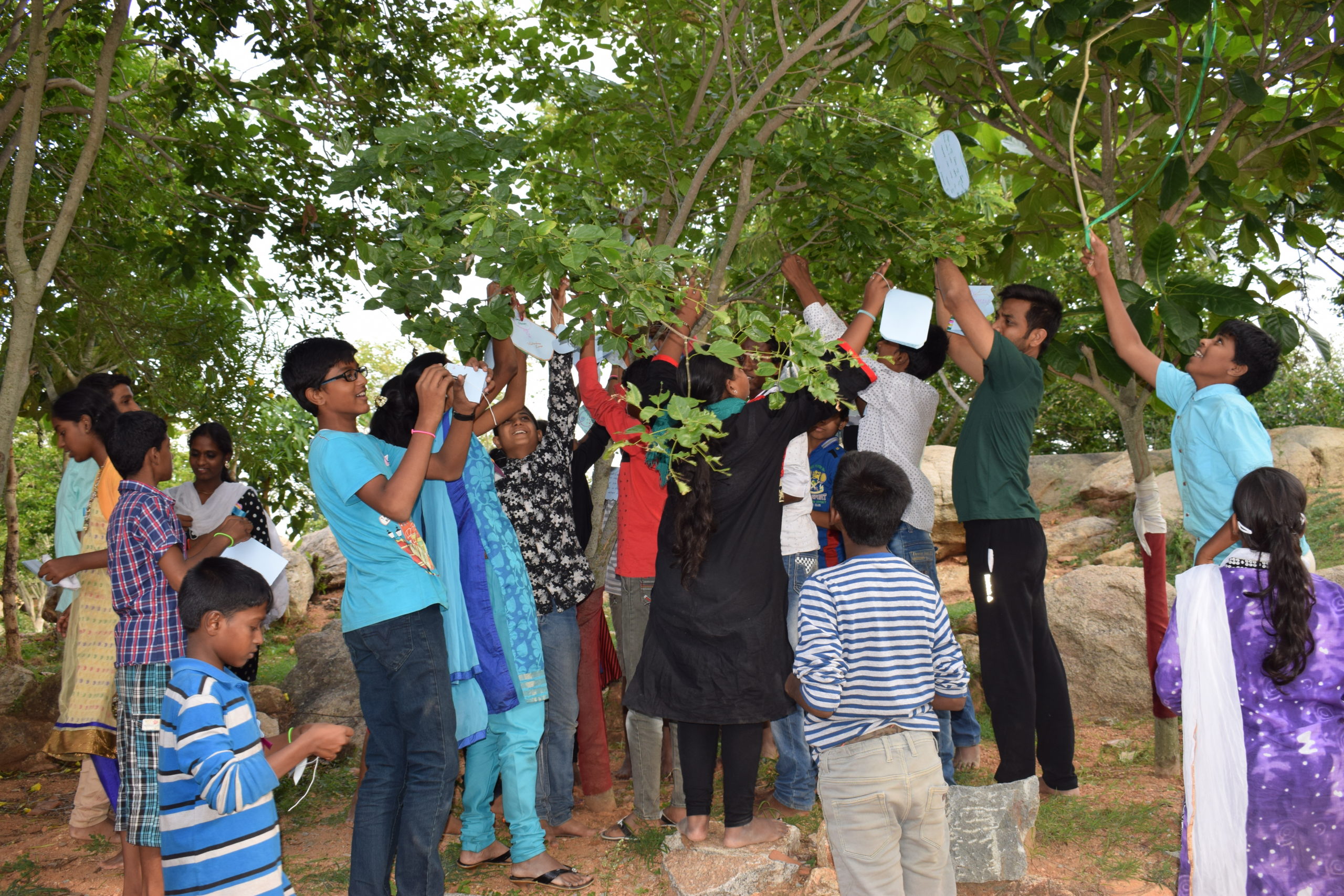Student suicides have reached an all new high in 2022. According to NCRB 2022, 13,089 students ended their own lives.
On the other hand, a student attempted the exam again because they were not happy scoring 99.9% in the exam.
These two instances lay bare the irony of the Indian Education system, which has for long emphasised marks as a measure of success. From a young age, students are taught that their worth is determined by their ability to perform well academically and score high marks on exams. This focus on marks has become so ingrained in the lives of students that it has inevitably become what success is in the Indian education system.
For many young people, the pressure to perform well academically can be overwhelming. They are constantly reminded of the importance of marks and the consequences of not achieving high scores. Parents, teachers, and peers place a great deal of emphasis on academic success, leading to young people believing that their worth as individuals is determined by their academic achievements.
How does this impact the young person?
A culture of intense competition is created where young people feel that they must outperform their peers in order to succeed. This focus on marks also limits educational choices, as young people may feel pressured to pursue careers in fields that are considered prestigious or financially lucrative, rather than following their true passions and interests.
Moreover, high marks equate to success and this continues to be the narrative as the young person grows up. It is viewed as a measure of intelligence and potential, and students who score high marks are often seen as more desirable candidates for higher education and employment. If a student scores low marks, they consider themselves to be a failure. This flawed narrative is ingrained in the education ecosystem year after year which ends up creating a sense of hopelessness and discouragement, and can even lead to mental health issues such as anxiety and depression. This begs the question, do we really want to assess the value of a young person based on the marks they score?
Where do we go from here?
There is a need to recognise that marks alone do not necessarily equate to success. The fact that narrow definitions of success are not helping young people can in many ways pave for the beginning of a new exploration to redefine success in the education ecosystem. The education ecosystem needs to equip the young person to thrive in a world of uncertainties and not just resemble a machine out of a factory. By broadening our definition of success and promoting a more holistic approach to education, we can help students develop their full potential and prepare them for a lifetime of fulfilment and happiness.


